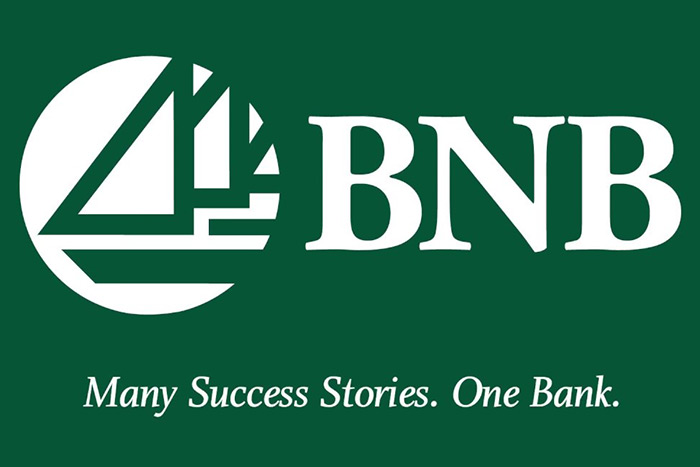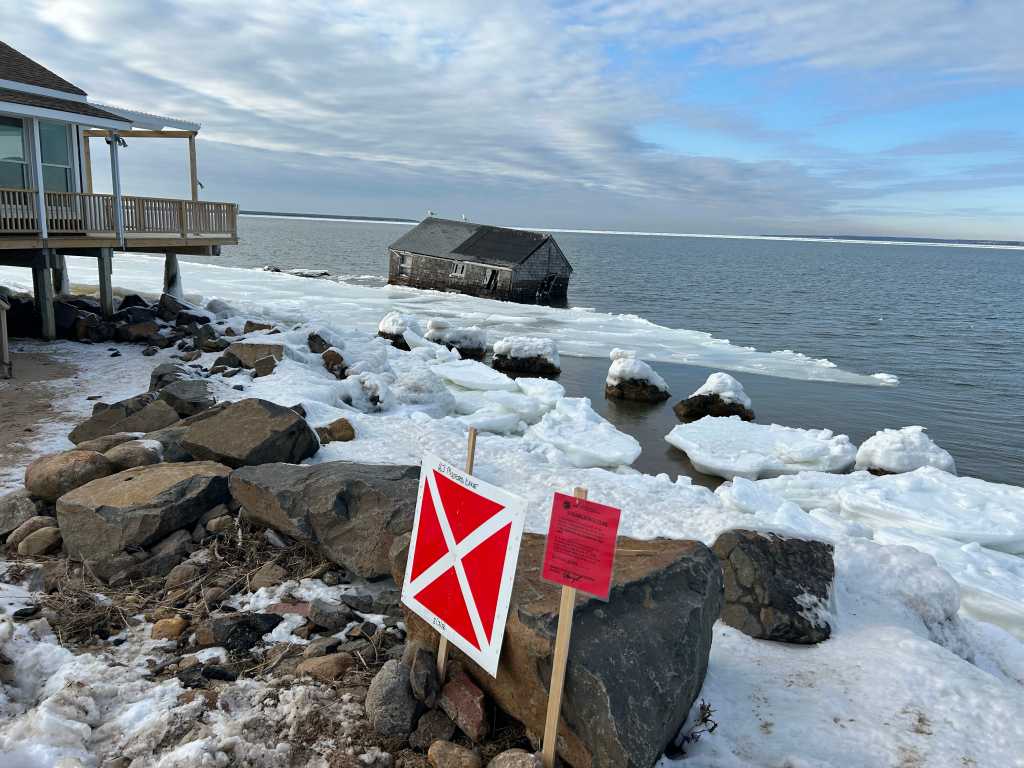State Charter Approves Bridgehampton National Bank to Become BNB Bank

The New York State Department of Financial Services approved Bridgehampton National Bank (BNB) to convert from a national bank to a New York chartered commercial bank last week—and part of that conversion is a name change. Bridgehampton National Bank will become BNB Bank.
“Since early in our history, Bridgehampton National Bank was known as BNB,” bank President and CEO Kevin O’Connor says. “We have an established brand identity in BNB and over the past eight years, we have been transitioning to using BNB in our logo, marketing and positioning of the bank. Continuing as BNB Bank is both a nod to our strong roots on the East End of Long Island, and a look to our future growth.”
BNB filed an application with the Federal Reserve Bank of New York to remain a member of the Federal Reserve System, and the bank expects approval before the end of the year.
“This change to a State Charter has been under consideration for some time,” O’Connor notes. “The primary impact will be more efficiency, both from a regulatory and operational standpoint. It will be transparent to our customers, who will continue to receive the same level of personal service and community commitment BNB has delivered for over 100 years.”
Along with these changes, BNB has recently assessed its branch network to ensure its markets are covered efficiently. A number of branches have been identified for closure or consolidation into nearby locations. These branches include: Center Moriches, Cutchogue, Hewlett, Massapequa, New Hyde Park, and the bank’s Walt Whitman Road Melville location. The branches will close on February 16, 2018.
Branch customers have been notified and their accounts will automatically be transferred to the closest corresponding branch. The bank expects to take a pre-tax charge in the fourth quarter of 2017 related to exiting lease obligations, employee severance, and other related charges of no more than $6.6 million. The impact on 2018 pre-tax income, in the form of cost savings and expected deposit runoff is estimated to be no less than $3.3 million, with an expected payback period of no more than 22 months.
For more information visit bridgenb.com.









